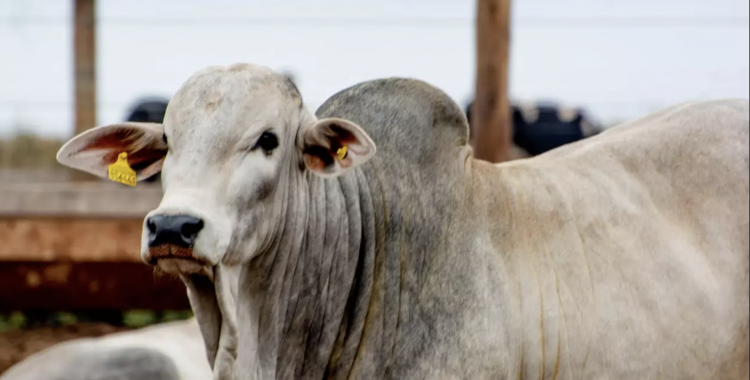According to a statement from the European Union, to which Lusa had access, the campaign started on 2 May, in the municipality of Caluquembe, province of Huíla, and is expected to last three months.
The National Bovine Vaccination Campaign is an activity promoted by the Ministry of Agriculture carried out through the Institute of Veterinary Services, in partnership with provincial governments, which delegate to municipal administrations.
The note stressed that the provinces of Huíla, Cunene and Namibe concentrate a large part of the livestock, with Huíla having one million and 270 thousand heads of cattle, Cunene one million and 250 thousand and Namibe 600 thousand.
"In this region, the campaign is supported by the Fresan Program [Strengthening Food and Nutrition Resilience and Security]/Camões I.P., funded by the European Union, through the acquisition of equipment for the storage and conservation of vaccines in order to guarantee a network of cold that allows safeguarding the initial characteristics to ensure immunity", indicated the document.
The vaccines applied are fundamentally aimed at combating contagious pleuropneumonia, anthrax, symptomatic anthrax and nodular dermatitis, which have been the cause of death in a considerable number of national cattle.
Alongside the bovine vaccination campaign, samples are being collected for a veterinary study, with the aim of determining the specific distribution of diseases for each region.
"With the results of this study, a health control map will be produced, which will contain considerations and official recommendations for the necessary vaccines and for the treatment of diseases by each region", indicated the note.
The director of the Institute of Veterinary Services, Henrique Gimi, quoted in the document, considered cooperation with Fresan necessary, and that "it has been useful in several ways, mainly in the cold chain: an indispensable component in the conservation of vaccines".
"Without a functional cold chain, it would be very difficult to take the vaccines through the municipalities", he declared.







